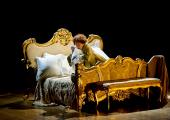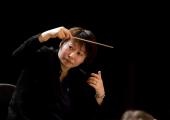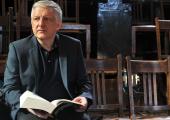A Voyage Round my Father at the Freud Museum

The DreamWork exhibition builds a bridge between a daughter and the early life of her obsessive-compulsive father
What would Sigmund Freud say to newcomers infiltrating his priceless collection of Greek, Chinese and Egyptian antiquities? His study on the ground floor of 20 Maresfield Gardens in Hampstead, where Freud and his family lived after fleeing the Nazis in 1938 (he loved the house, saying it was “incomparably better” than his flat in Vienna, but only lived in it for a year before he died in 1939) has always been filled with his Egyptian gods and goddesses, bodhisattvas and buddhas, Eros figures, mummy masks and Greek vases.


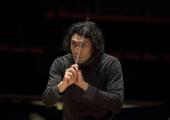
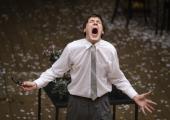


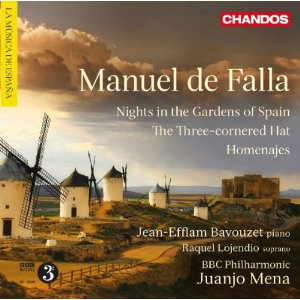 De Falla: Nights in the Gardens of Spain, The Three-Cornered Hat, Homenajes Jean-Efflaum Bavouzet (piano), Raquel Lojendio (soprano), BBC Philharmonic/Juanjo Mena (Chandos)
De Falla: Nights in the Gardens of Spain, The Three-Cornered Hat, Homenajes Jean-Efflaum Bavouzet (piano), Raquel Lojendio (soprano), BBC Philharmonic/Juanjo Mena (Chandos)